Cargill fund boosts agri firm expansion
- Malaya
- 21 August 2012
Powered by a $34.45-million infusion from a Singapore-based hedge fund owned by Cargill Inc., the expansion and acquisition binge of AgriNurture Inc. has accelerated into a buildup of farm hectarage that will see the company buy up some 1,400 hectares.




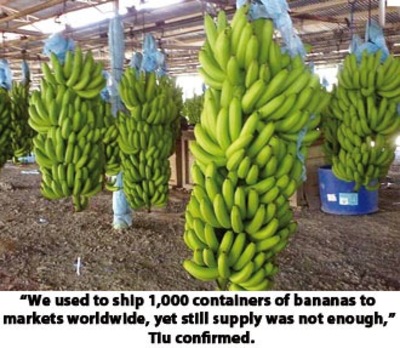

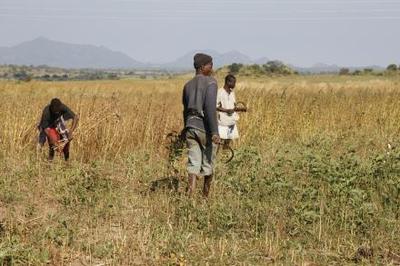
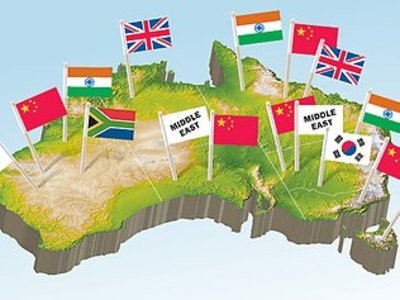
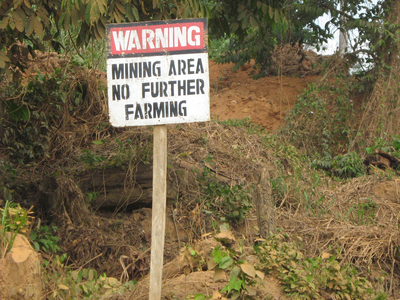
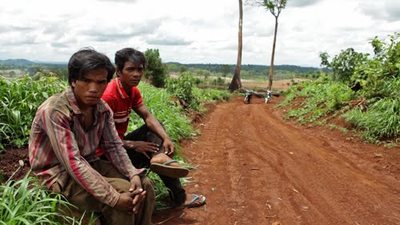



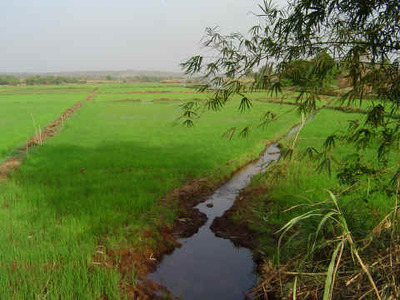
.jpg?1344501231)

